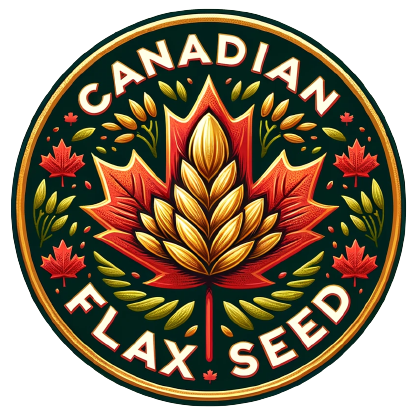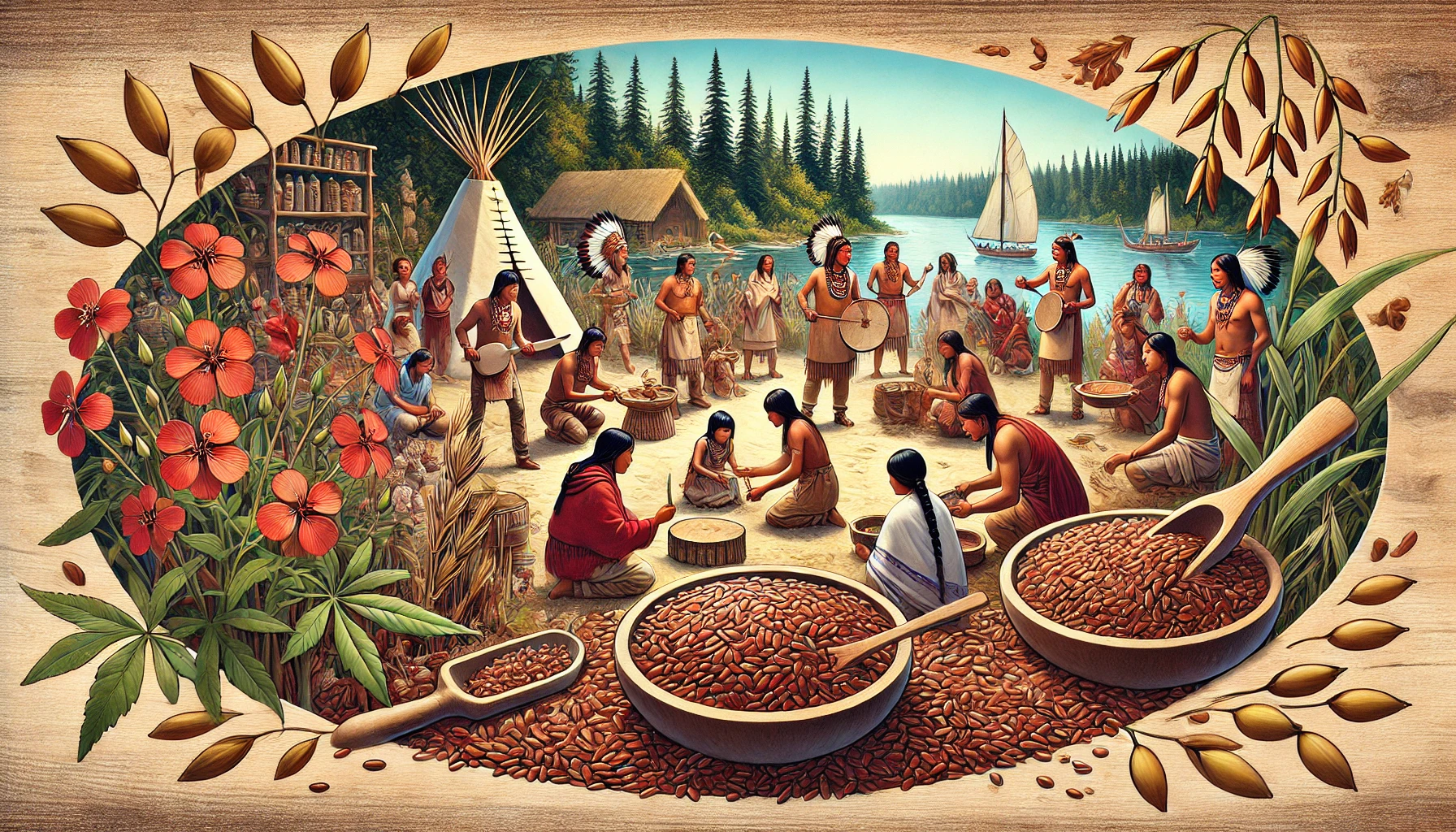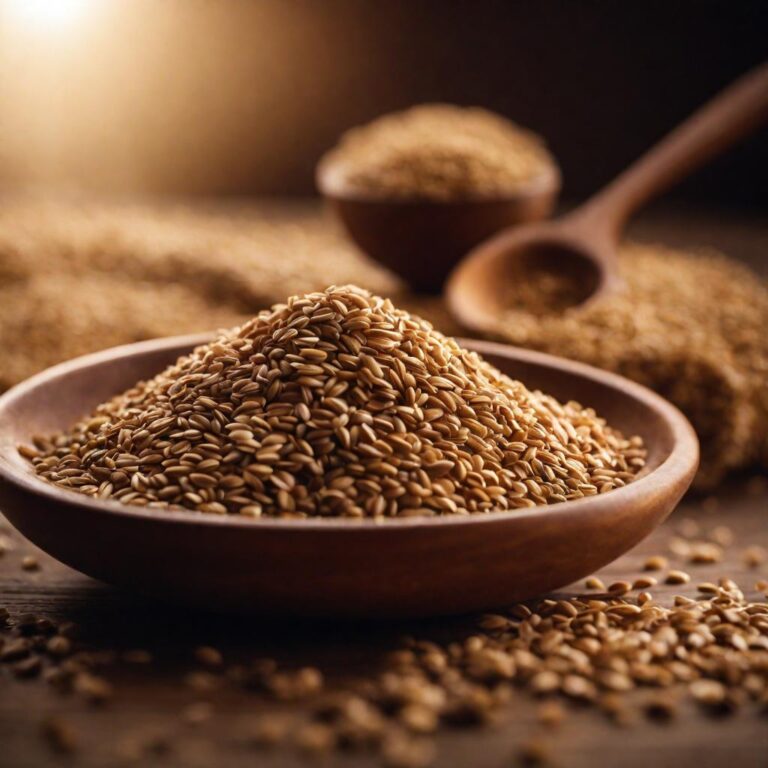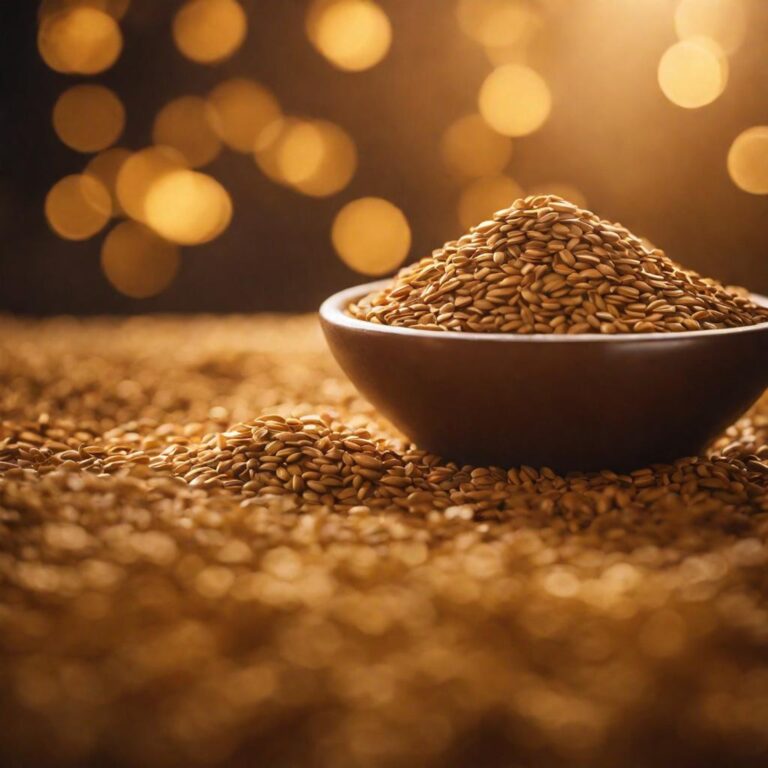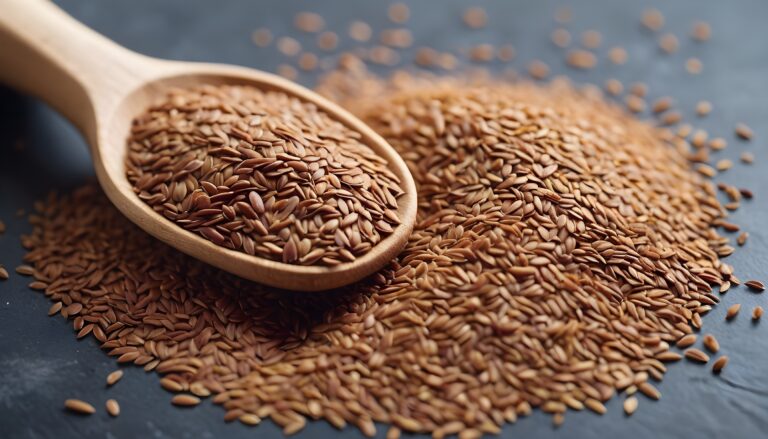The Role of Flaxseeds in Indigenous Canadian Health and Nutrition
Flaxseeds have long been a staple in the diets of Indigenous Canadians, offering a wealth of health benefits that have been harnessed for centuries. In this blog post, we’ll explore the historical significance of flaxseeds in Indigenous Canadian culture, delve into their nutritional profile, and discuss how these tiny seeds continue to play a vital role in health and wellness today. We’ll also provide practical tips on incorporating flaxseeds into your diet and highlight some fascinating facts about their use.
Historical Significance of Flaxseeds in Indigenous Canadian Culture
For Indigenous Canadians, flaxseeds were more than just food; they were a symbol of health, vitality, and connection to the land. Traditionally, flaxseeds were used in various forms, such as ground into a powder or mixed with other natural ingredients to create nutritious meals and remedies. The seeds were valued not only for their nutritional content but also for their medicinal properties, which were utilized to treat a variety of ailments.
Flaxseeds were often combined with other native plants and herbs to create holistic treatments that addressed both physical and spiritual well-being. This integrative approach to health is a cornerstone of Indigenous Canadian medicine and highlights the deep respect and understanding these communities have for natural resources.
Nutritional Powerhouse
Flaxseeds are incredibly rich in nutrients, making them a superfood in every sense of the word. They are an excellent source of omega-3 fatty acids, which are essential for brain health and reducing inflammation. Additionally, flaxseeds are high in fiber, which aids in digestion and helps maintain a healthy weight. Here’s a breakdown of some key nutrients found in flaxseeds:
- Omega-3 Fatty Acids: Vital for heart health, brain function, and reducing inflammation.
- Dietary Fiber: Promotes digestive health and can help lower cholesterol levels.
- Lignans: Plant compounds with antioxidant and estrogen properties, potentially lowering the risk of certain cancers.
- Protein: Supports muscle repair and growth, essential for overall health.
- Vitamins and Minerals: Including B vitamins, magnesium, and potassium, which contribute to various bodily functions.
Health Benefits
Incorporating flaxseeds into your diet can have numerous health benefits. Here are some of the primary advantages:
- Improved Digestion: The high fiber content in flaxseeds aids in maintaining regular bowel movements and preventing constipation.
- Heart Health: Omega-3 fatty acids help reduce blood pressure and lower the risk of heart disease.
- Hormonal Balance: Lignans can help balance hormone levels, which is particularly beneficial for women during menopause.
- Weight Management: The combination of fiber and protein helps keep you feeling full longer, reducing overall calorie intake.
Practical Tips for Including Flaxseeds in Your Diet
Incorporating flaxseeds into your daily routine can be simple and delicious. Here are some practical tips:
- Smoothies: Add a tablespoon of ground flaxseeds to your morning smoothie for a nutritional boost.
- Baking: Substitute some of the flour in your recipes with flaxseed meal for added fiber and omega-3s.
- Yogurt: Sprinkle flaxseeds over your yogurt or oatmeal for a crunchy texture.
- Salads: Mix flaxseeds into your salad dressings or sprinkle them over salads for extra nutrition.
- Soups and Stews: Stir flaxseeds into soups and stews to enhance their nutritional profile.
Flaxseeds have become a popular addition to many diets, but their use dates back centuries in Indigenous Canadian culture. The role of flaxseeds in Indigenous Canadian health and nutrition is profound, providing essential nutrients and medicinal benefits that have stood the test of time. These small but mighty seeds are packed with omega-3 fatty acids, dietary fiber, and lignans, making them a valuable component of a healthy diet. Whether you are looking to improve your digestion, support heart health, or maintain hormonal balance, incorporating flaxseeds into your meals can offer significant health benefits. For those interested in natural health remedies, flaxseeds serve as a testament to the enduring wisdom of Indigenous Canadian nutritional practices.
Fascinating Facts About Flaxseeds
- Ancient Use: Flaxseeds have been cultivated for thousands of years, with evidence of their use dating back to ancient Egypt.
- Versatile Crop: Flax is not only grown for its seeds but also for its fibers, which are used to make linen.
- Sustainable Farming: Flax is a hardy crop that can be grown in a variety of climates, making it a sustainable option for farmers.
- Nutrient Density: Just one tablespoon of flaxseeds contains about 1.8 grams of omega-3 fatty acids, providing more than 100% of the daily recommended intake.
- Cultural Heritage: For Indigenous Canadians, flaxseeds are a symbol of their cultural heritage and connection to the land.
Conclusion
Flaxseeds are a true testament to the power of natural nutrition and the wisdom of Indigenous Canadian health practices. Their rich nutritional profile and numerous health benefits make them a valuable addition to any diet. By understanding the historical and cultural significance of flaxseeds, we can appreciate their role in promoting health and wellness. Whether you’re new to flaxseeds or looking to deepen your knowledge, incorporating these tiny seeds into your meals can offer a wealth of benefits for your overall well-being.
So, why not start today? Embrace the ancient wisdom of Indigenous Canadians and harness the power of flaxseeds for a healthier, more balanced lifestyle.
